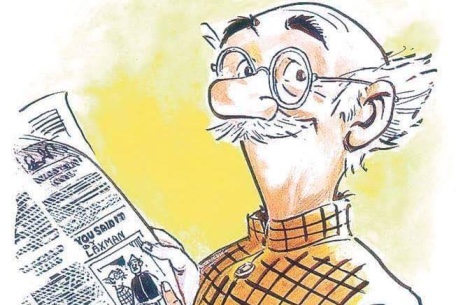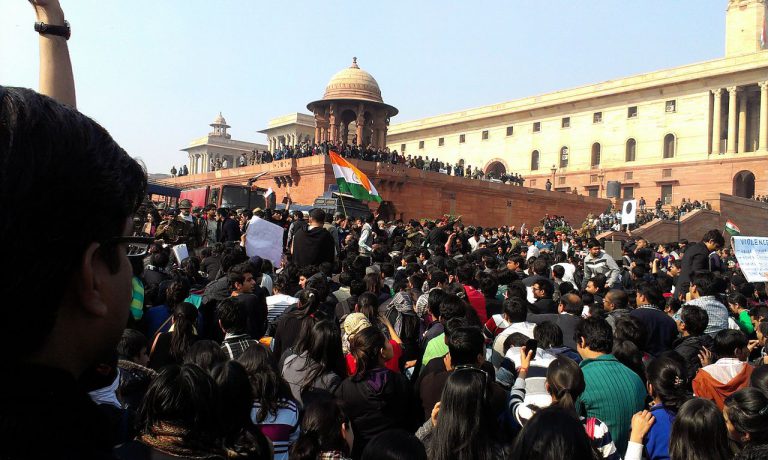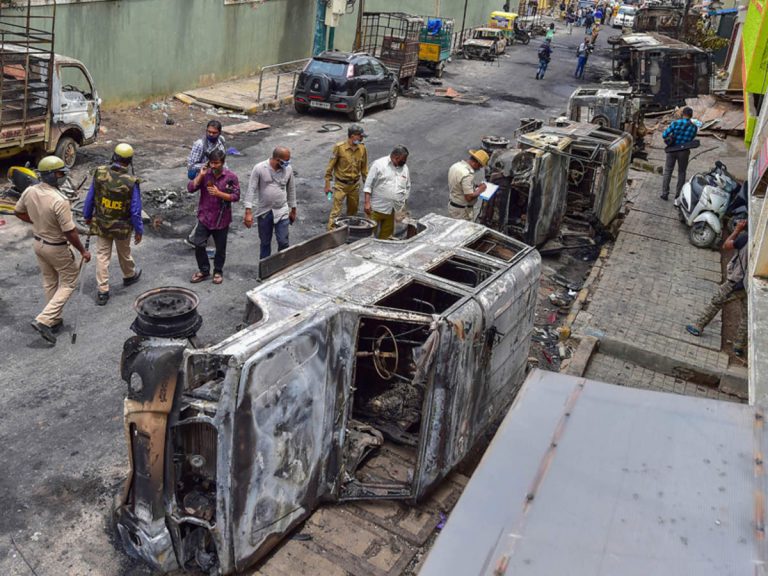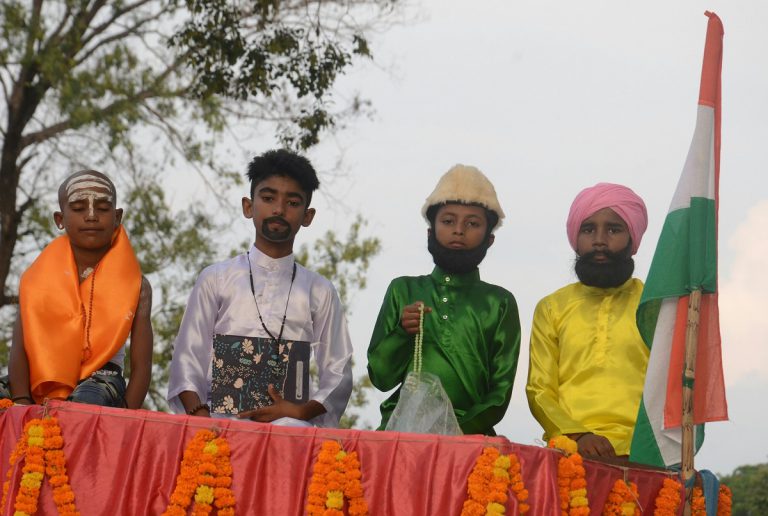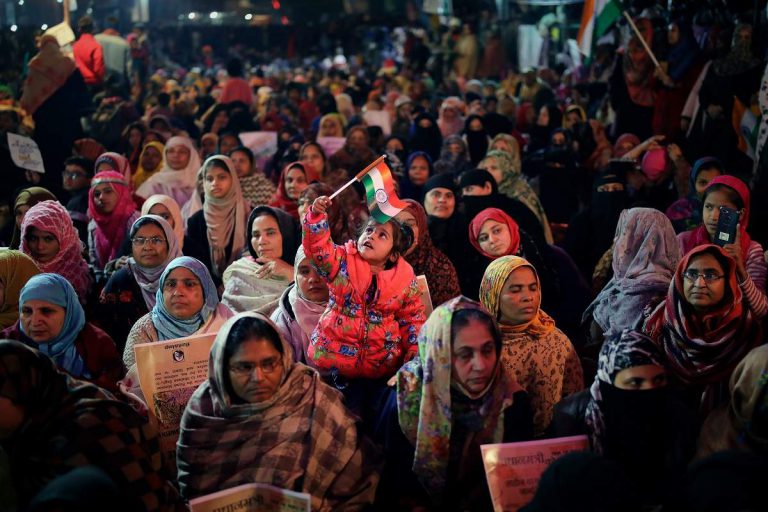Inclusivity in Youth Organisations, Urban Myth

Ankush Pal is a student from New Delhi, India with a keen interest in literature and social sciences. You can find him articulating his opinions and views on Twitter: @ankushpal2001
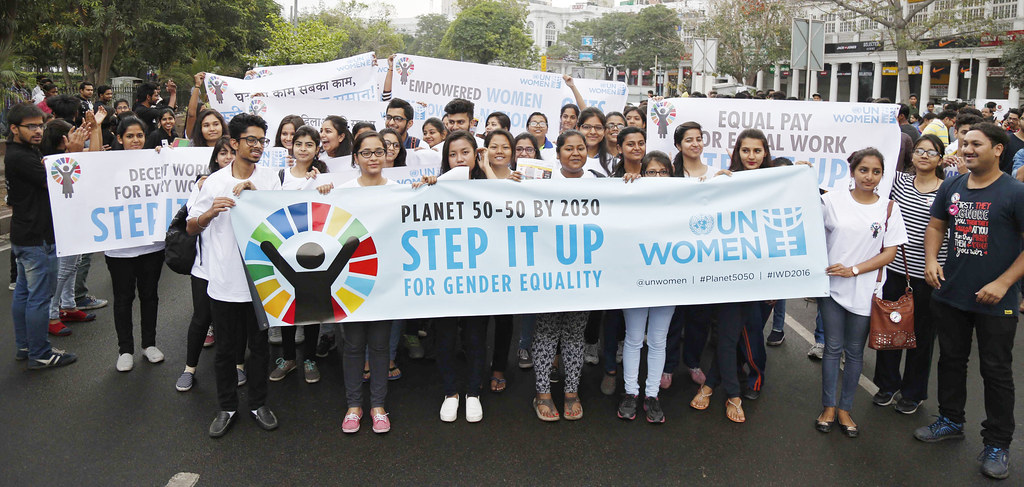
With access to the Internet being more widespread with time, there have been rampant developments across various fields, especially when it comes to mass media with the content being more widely produced as well as distributed. While a new branch of journalism has slowly begun to take form in the digital realm and some expect it to overtake the traditional means, there is an initiative that is growing to be quite common among the young urban student community- creating youth-run organisations.
Youth run organisations have been on the rise for the last few years with the general goal revolving around spreading awareness about mental health, social issues or a combination of both. They usually gain momentum by their aesthetic mannerisms of presentation, ability to speak of events generally concerning the upper strata of the society, and social connections most of which, if not all, can be credited to their privileged upbringing in the urban, upper-middle-class, Savarna households. As delightful as it might sound to adults who often perceive it as the youth trying to take an initiative for change in their teenage years for the better, a few of the organisations who portray themselves as liberal and progressive also take on issues that are usually overlooked- such as casteism, gender inequality, and homophobia which might seem progressive at first glance but this effort falls short when you begin to look beyond the surface.
A majority of these organisations are formed by individuals hailing from an extremely similar socio-economic background in their last few years of school after which their leadership skills and the burning desire for change usually begin to falter- in fact as soon as they are done with their college applications. Even during their prime, most of these organisations fall short when it comes to practising what they preach. They often speak of inclusion regardless of socio-economic divides yet most of the members and those in the leadership positions fail to acknowledge their privilege which leads them to view issues of marginalised communities with a privileged lens.
The idea of a youth organisation being half as inclusive as they claim to be would be one of the most absurd and far from reality urban myths I have had the misfortune of hearing about.
It is quite easy for one to be swayed by their otherwise outspoken stance in public spaces, but when it comes to speaking out against oppression based on caste and gender, they still fail to amplify the voices of the people from within the marginalised community. A majority of the senior roles are held by cisgender Savarnas which raises the questions of representation or in this case, a lack thereof.
When it comes to talking about caste, they overlook the evident demarcation between financial and social capital, especially how even an abundance of former may not necessarily do away with the lack of latter.
For example, a woman or trans person hailing from SC, ST, and OBC background implies that they lack privilege not only in the form of gender but also caste. Their multilayered experiences are overlooked by these organisations since they are dominated by individuals hailing from similar caste and class groups which leads to them viewing oppression in a myopic manner. They fail to comprehend that oppression must be viewed as operating in a multilayered manner instead of in a binary one since an individual who might be oppressed due to certain factors may also be privileged owing to some other factors.
This calls for the need to ditch the short-sighted perspective and to adopt intersectional feminism where the individual experiences of people are taken into consideration.
Dr Suraj Yengde, in his book ‘Caste Matters’, talked about his interaction with a bunch of Dalit and Muslim trans folks from Nanded where he narrated how their leader, a widely known trans person who is loved by Queer activists and mainstream media has been unable to let go of her own casteist beliefs. According to a Dalit trans activist, Krupa, it is these beliefs that prevent the well-known transperson from visiting the houses of Dalit transpeople.
“Being in a reputed organisation led by late teens from the upper-middle-class households in Delhi, which promises to focus on social and mental health issues, it was disappointing to see the lack of caste consciousness, indigenous movements, and lukewarm focus on the persecution of religious minorities. Issues plaguing the lower financial classes and the impoverished were also rarely taken up. Lack of caste and religious representation in the organisation, at both management and volunteer level is a matter of concern.
The focus of the organisation is mostly on LGBTQIA+ and mental health issues, and the efforts of the organisation should be commended. Yet the lack of significance given to the struggles and oppression of lower caste members who identify themselves with the spectrum is disappointing.
Indeed the leaders of such organisations are mere school goers and a lot cannot be expected from them, yet they have all the potential and ability to focus and deliberate on the root causes like caste and societal norms. Their ignorance towards such crucial issues ultimately paints them as mere opportunists trying to score some woke brownie points. And such opportunism has been exhibited by numerous such school/college-students led organisations,” says a twenty-year-old SC student from New Delhi.
“The organisation had an active social media account. I sometimes helped in content writing or researching the posts. I think whenever I talked about how the posts invisibilized caste, the founder acted like she listened to my opinion and would correct the mistakes done previously but she never did and all the other members had opinions against mine. They tone policed me and said that talking about Dalits would make them lose followers and opinions might hurt the sentiments of people in their family and the people in school. The ones in leadership position were Savarnas who claimed to support the anti-caste movement but caste discrimination doesn’t exist in cities. All they knew was to hate on people who avail reservations. They considered themselves intersectional feminists yet undermined my opinions as an SC individual and their ideas of feminism were exclusive only for Savarnas. I joined the organisation because I wanted to help individuals who have suffered from domestic violence and the individuals in the organisation were my age and the same city so I thought it’ll be easier to communicate. However, it was a traumatic experience for me and I don’t think any of them cared about the actual issue at hand but did it just for college applications or to seem ‘woke’. I didn’t feel as if I was represented, heard or valued when it came to my identity amongst Savarnas who seemed to turn a blind eye to my woes quite often. They claimed to be in support of the anti-caste movement but would rather speak on my behalf and ignore my voice even when I’m from the community they claimed to care about,” says a seventeen-year-old SC student from Navi Mumbai.
It would be a firm request to all Savarnas, especially those who are in leadership positions at youth organisations, to reconsider what the terms inclusivity and intersectionality mean to them since they more often than not tend to overlook caste and class disparities. However, if their conscience does prick them and they wish to be an ally to the Bahujans then it would be highly appreciated if they aim for a diverse representation in their organisations instead of primarily recruiting Savarnas but if ensuring representation in their organisations is a tedious task then the least that can be done is for them to amplify the voices of the Bahujans instead of holding hegemony over the spaces since masquerading as anti-caste in exchange for mere woke points causes more harm to the anti-caste movement by diluting the discourse owing to misrepresentation.
I would also urge young Bahujans to consider if the organisations they are a part of or have been a part of are as inclusive as they claim, especially in terms of representation and also when it comes to their views about the Bahujans and the anti-caste movement. At the end of it all, we must pay heed to Babasaheb Ambedkar’s slogan, “Educate, Agitate, Organise”.
Image Credit: Flickr


